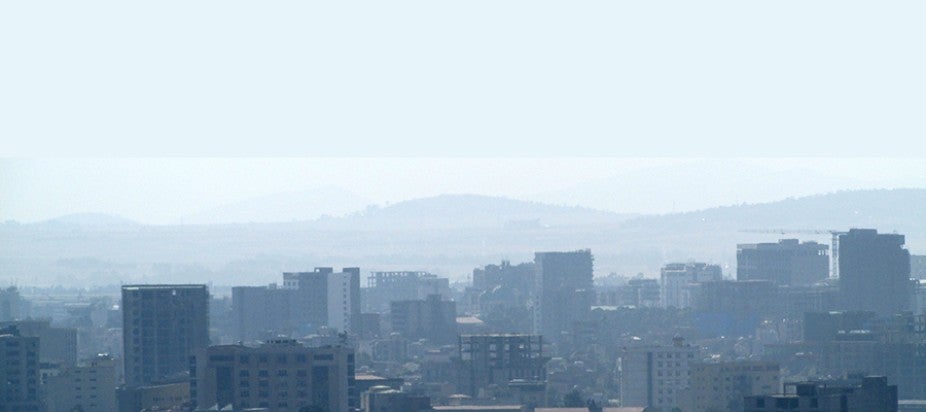Follow up Workshop on a Pilot Design for Air Quality in Africa

7:53 – 7:53 pm MST
In person and Virtual
Registration deadline: November 25, 2022
Background
This workshop is a follow up of the June 2021 virtual workshop entitled “Pilot Design for Air Quality in Africa.” One of the key objectives of the 2021 workshop was to discuss and compile a set of ideas that would lead to air quality science that is unique to an African megacity or unique to the continent. The activities envisioned through this workshop present the opportunity to address the lack of observations of atmospheric composition across the African continent, particularly in sub-Saharan Africa.
The 2021 workshop identified the following challenges: (1) Some nations in Africa have suffered from political instability that makes work in some parts of the region challenging for scientists supported by U.S. and European funding agencies. (2) Research capacity in terms of the ability to define problems, set objectives and priorities, conduct sound scientific research, build sustainable institutions, and identify solutions to key (national) problems though growing, is far more limited than in the more heavily sampled regions of North America, Europe, and Asia. (3) While there are several ongoing efforts for developing air quality monitoring capacity in several African megacities the effort is likely insufficient to keep pace with the rapid growth of these urban areas and the increase in pollution. (4) Even with the ongoing efforts there are challenges with data availability and sharing of measurements currently conducted in Africa.
The workshop also identified the following opportunities: (1) There are currently several stable regions which would allow research as discussed in the workshop and many participants in the workshop have already established strong connections to these countries to facilitate work in the region. (2) Diaspora scientists from the region should be more efficiently engaged in developing new research projects from the beginning. They are critical for facilitating relationships with local government organizations and participation in sustainable capacity building. (3) More African political leaders are recognizing the dangers of poor air quality and air quality practitioners and scientists are focusing their attention on the region and are coordinating initiatives to consolidate existing data and can provide easy access to this data which is likely as important as adding new measurements. (4) Emissions changes associated with population growth and economic development in Africa will influence the atmosphere at global scale and may therefore be the basis for scientific partnership between U.S., European and African scientists.
Goals of the Kigali Workshop
The goal of the Kigali workshop is to build upon the June 2, 2021 workshop outcomes and establish a clear design path for field initiatives in / around an African megacity.
The meeting will hear overviews on topics including:
- How do African megacity AQ issues differ depending on geographic region?
- Where are the key synergies with ongoing local and regional projects planned over the next 5 years?
- What are the remote sensing capabilities and ground-based facilities and how do they fit into our design?
- What other information data from measurements, and capacities are available and what is the role of big data approach to air quality assessment in Africa (e.g., nonlinear land use regression?
- Do we have enough information for a field intensive approach or do we need to start with small projects to gather more information for a large field study in the future?
- What are potential sources of funding and what is the role of local governments in co-funding these efforts
Speakers from African megacities will be invited to provide their prospective, capabilities, available information and data, and coordination of efforts. US and European scientists will present their perspective, interests, and alignments with the local prospective.
Often, given the strength of global climate movements, in Africa and in most developing countries there is attention given to climate change and its impacts in Africa but air pollution which clearly is also having substantial but more invisible negative impacts is ignored. Providing awareness to regional leaders that a proper mitigation of climate change should go hand in hand with air pollution control is also one of the goals.
Expected Outcome
The meeting is expected to define a road map, milestones, and planning for the next 3-5 years.
